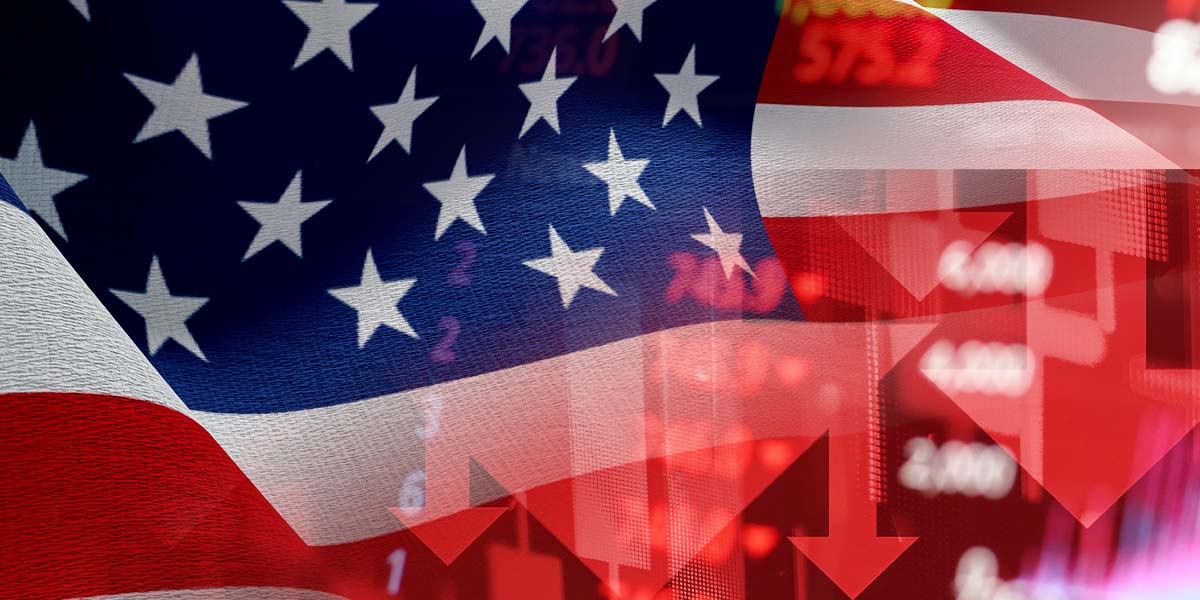While President Donald Trump’s tariff plans created uncertainty over the U.S. market, the foreign direct investment (FDI) into the nation also fell as its value dropped from $79.9 billion in 4Q24 to $52.8 billion in 1Q25.
Furthermore, the lower first-quarter FDI, along with several businesses rushing the import, pushed the U.S.’ current account deficit from the $312.0 billion in the fourth quarter, revised from $303.9 billion, to $450.2 billion in the first quarter, a 44.3% QoQ increase.
The $52.8 billion FDI is the lowest value since 4Q22 when investment only reached $42.4 billion as several businesses were affected by COVID-19 pandemic. After the easing of the pandemic, the value of FDI into the U.S. in each quarter never dropped below $61 billion, until now.
Economists speculated that the uncertainty caused by Trump’s tariff prevented companies from making investment decisions and dragged economic growth. However, Trump stated his tariff would bring manufacturing back, leading to a rush in investment.
Paul Ashworth, chief North American economist at Capital Economics, stated that uncertainty may impact the decision but speculated that the FDI in the next quarter would grow as several foreign companies announced manufacturing investment projects in the U.S.
South Korea’s Hyundai Motor and Hyundai Steel announced a $21 billion investment back in April, while Nippon Steel managed to acquire the U.S. Steel at the price of about $15 billion. These records will appear in the second-quarter inflows.





